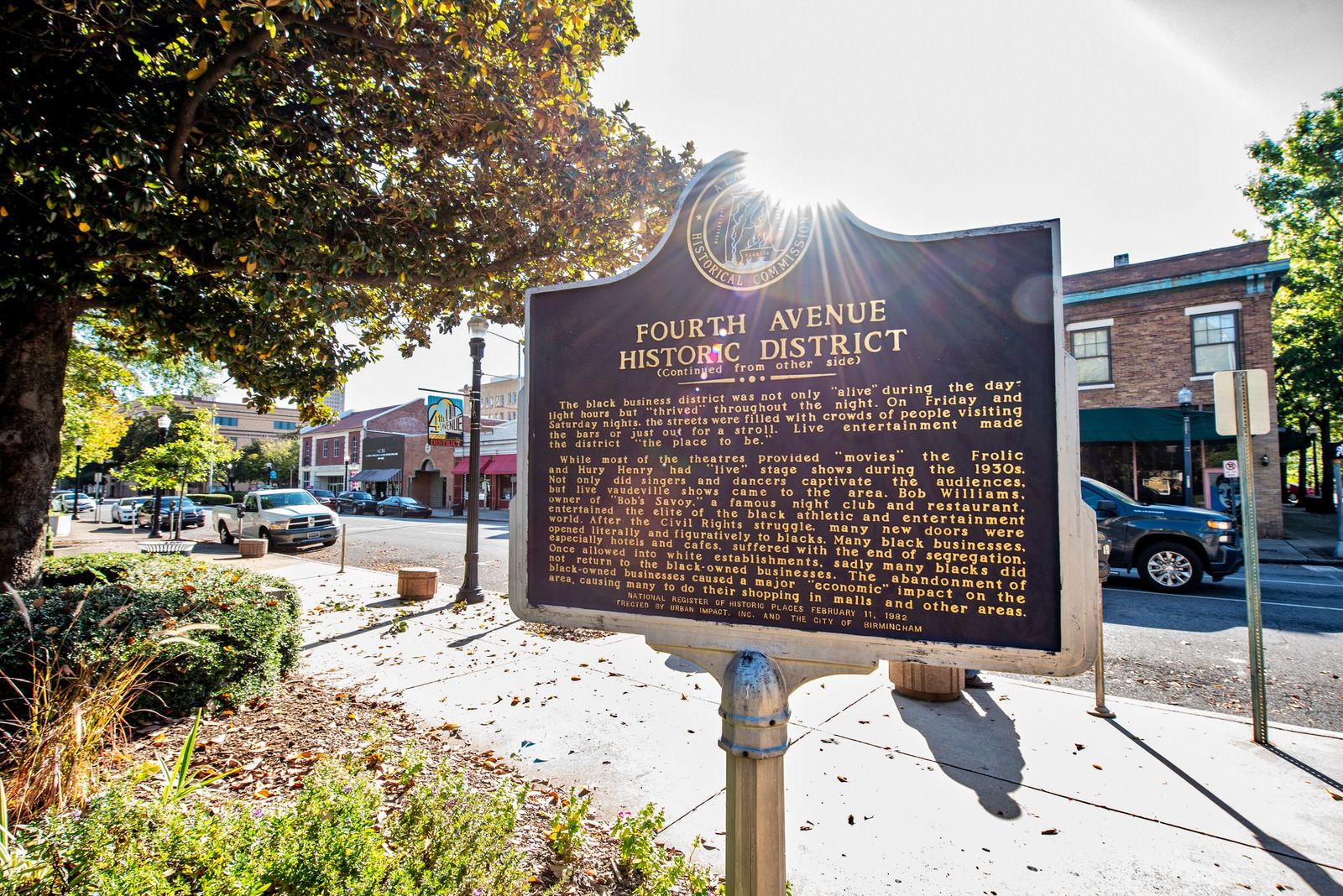
Historic African American Neighborhood and District Summit
Our mission is to preserve, elevate, and enhance Historic Black Neighborhoods and Commercial Districts nationwide by strengthening the connections between the people who serve them.

SAVE THE DATE FOR #HAANDS2025
Following two successful summits in 2021 and 2022, site visits and virtual engagements in 2023, the Summit will return August 25-26, 2025. We look forward to our next convening, and we look forward to the future of the network. Be sure to stay up-to-date by joining e-mail list!
Get connected.
Watch the content from our previous Summits and connect with us virtually!

Virtual Networking
March 28, 2025 at 2 PM ET
Via Zoom
2021 Summit Replay
May 27 - 28, 2021
Virtual
2022 Summit Replay
November 17 & 18, 2022
Sweet Auburn Historic District - Atlanta, GA
About the Summit
The HAANDS convening brings together local leaders from across the country who share a commitment to the preservation and equitable development of Historic African American Neighborhoods and Commercial Districts. Whether you are a resident, urban planner, executive director, business owner, historian, artist, investor, or simply an enthusiast, you will community with those who share your passion to uncover solutions and techniques to common problems to help position your community to thrive. We are anchored by four areas of focus:
● Equitable development and community health
● Community organizing and leadership
● Cultural heritage preservation and narrative change
● Black wealth building, Black entrepreneurship and Black well-being

Stay Connected
Join our mailing list to stay updated on upcoming events and developments in the movement for preserving our neighborhoods.
For sponsorship and partnership opportunities contact – info@haands.org


This project was initially funded by a grant from the African American Cultural Heritage Action Fund of the National Trust for Historic Preservation with support from The Andrew W. Mellon Foundation.